Depression is a complex mental health condition that affects millions of people worldwide. While some symptoms of depression are well-known, such as persistent sadness and loss of interest in activities (anhedonia) , there are several subtle and often overlooked signs that can indicate the presence of depression. In this blog, we will explore five symptoms you may not realize are associated with depression, shedding light on the importance of recognizing these subtle cues for early intervention and treatment.
1. Depression and Unexplained Physical Ailments:
Depression’s Mind-Body Connection
It’s common knowledge that depression affects emotions and thoughts, but it can also manifest through physical symptoms. One often underestimated symptom is unexplained physical ailments, such as:
- headaches
- digestive issues
- and chronic pain.
The mind and body are closely interconnected, and when the mind is distressed, it can send signals in the form of physical discomfort.
Research published in the journal “Psychosomatic Medicine” has shown that individuals with depression are more likely to report physical symptoms than emotional ones. These physical symptoms can become a vicious cycle, as they may lead to increased stress and anxiety, exacerbating the depressive condition. Therefore, if you’re experiencing persistent physical discomfort with no clear medical cause, it could be a sign of underlying depression.
2. Changes in Appetite and Weight: Unintended Shifts
Depressions connection to gut health
Depression can significantly impact appetite and eating habits, leading to noticeable changes in weight. While some

individuals may lose their appetite and unintentionally lose weight, others may turn to food for comfort and gain weight as a result. These shifts in appetite and weight can be subtle and gradual, making them easy to miss or dismiss.
A study published in the “Journal of Psychosomatic Research” emphasizes that these changes are not simply a matter of willpower but are often rooted in the biological and psychological effects of depression. Monitoring your eating habits and weight can provide valuable insights into your mental well-being. If you notice significant and unexplained changes, it’s crucial to seek professional guidance to explore the possibility of depression.
3. Sleep Disturbances:
The Insomnia-Depression Connection
Sleep is a fundamental aspect of overall health, and disruptions in sleep patterns can be a key indicator of depression. While it’s known that depression can cause insomnia, it can also lead to excessive sleeping or a desire to sleep during the day, commonly referred to as hypersomnia.
A study published in the journal “JAMA Psychiatry” highlights the intricate relationship between sleep and depression. Sleep disturbances can be both a symptom and a cause of depression, creating a vicious cycle that can be challenging to break without intervention. If you find yourself consistently struggling with sleep, whether it’s insomnia or excessive sleeping, it’s crucial to recognize this as a potential symptom of depression and seek professional help.
4. Social Withdrawal: The Isolation Trap
Depression often prompts individuals to withdraw from social activities and isolate themselves from friends and loved ones. This withdrawal can be gradual, and people may not even realize they are distancing themselves from their social support network.
Scientific studies, including one published in the journal “Psychological Medicine,” have found that social withdrawal is a common feature of depression, and it can further exacerbate feelings of loneliness and despair. If you notice that you are no longer interested in socializing or that you are avoiding social situations, it’s essential to consider this as a potential sign of depression and reach out for help and support.
5. Cognitive Difficulties:
The Fog of Depression Symptoms
Depression doesn’t just affect emotions; it can also cloud cognitive functions. Many individuals with depression report difficulties with concentration, memory, decision-making, and problem-solving. This cognitive fog can hinder daily tasks and lead to feelings of frustration and self-doubt.
Scientific research, such as a study published in the “Journal of Affective Disorders,” has documented these cognitive impairments in individuals with depression. Recognizing these difficulties can be the first step in seeking help and treatment, as addressing the cognitive aspects of depression is crucial for overall recovery.
Final thoughts
Depression is a complex mental health condition with a wide range of symptoms, some of which may not be immediately obvious. Unexplained physical ailments, changes in appetite and weight, sleep disturbances, social withdrawal, and cognitive difficulties are all potential indicators of depression that can be subtle and easily dismissed.
Recognizing these symptoms and their connection to depression is crucial for early intervention and treatment. If you or someone you know is experiencing any of these symptoms, it’s essential to seek professional help and support. Depression is a treatable condition, and with the right assistance, individuals can regain their mental well-being and lead fulfilling lives.





